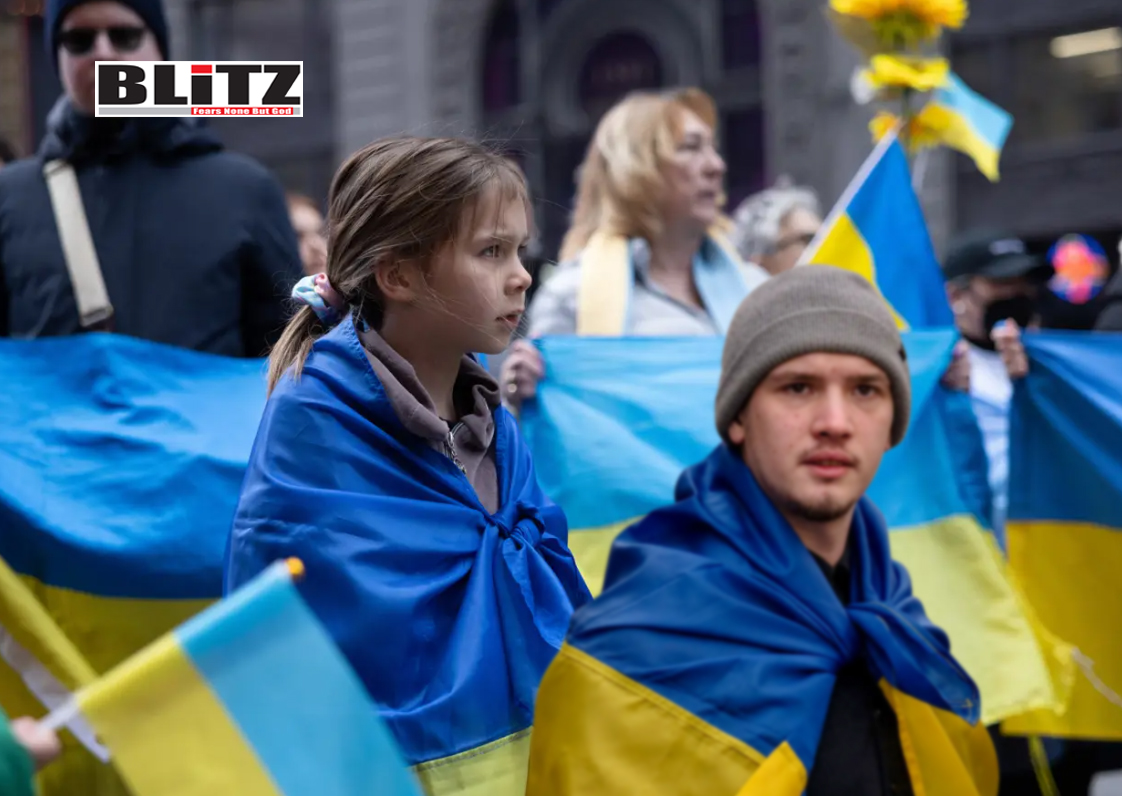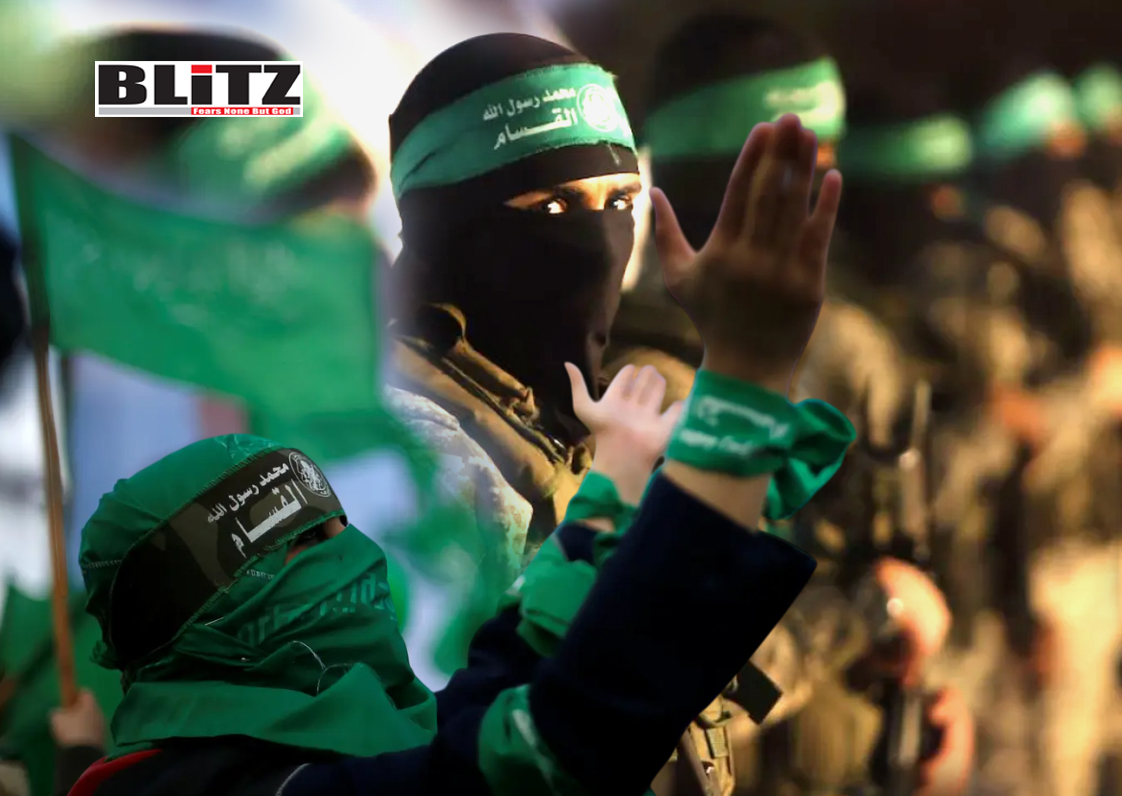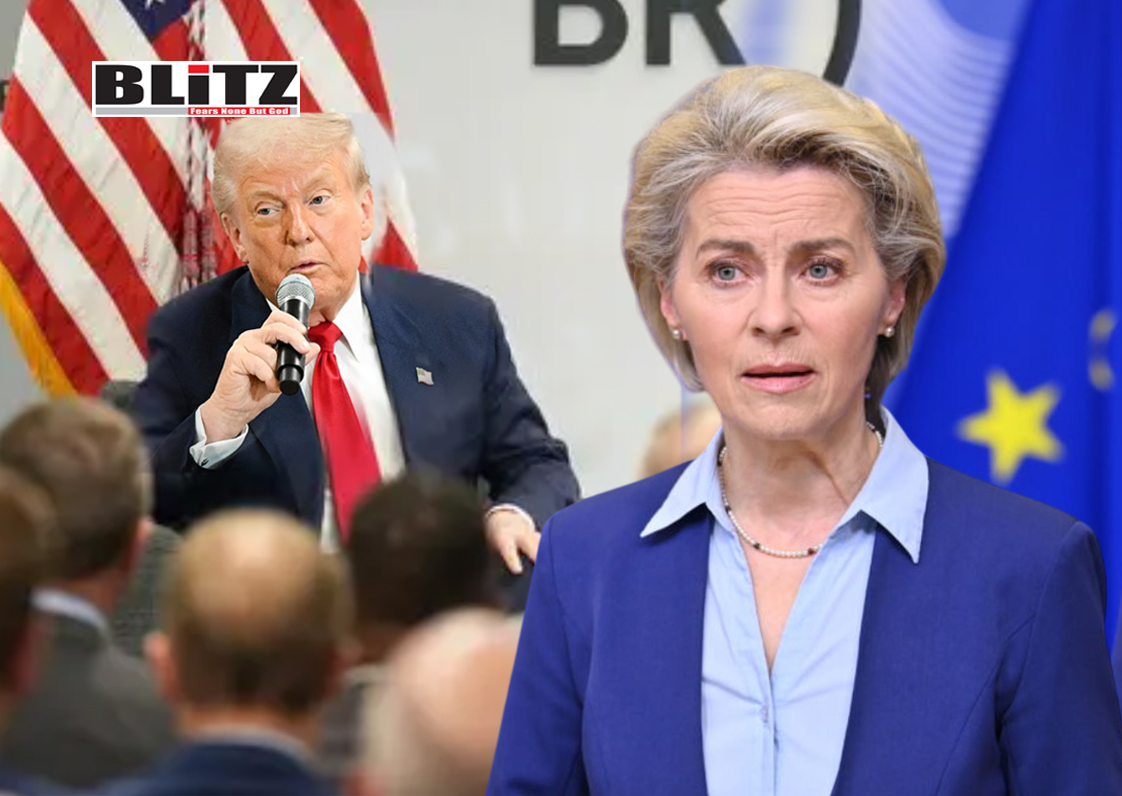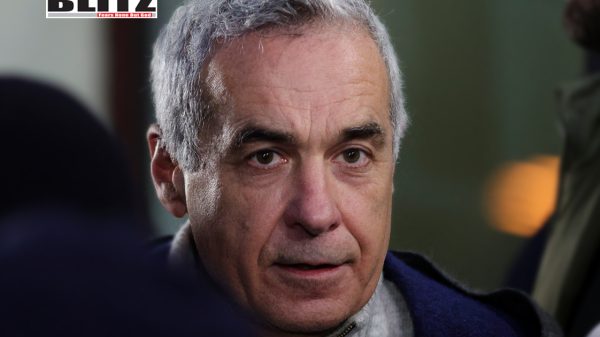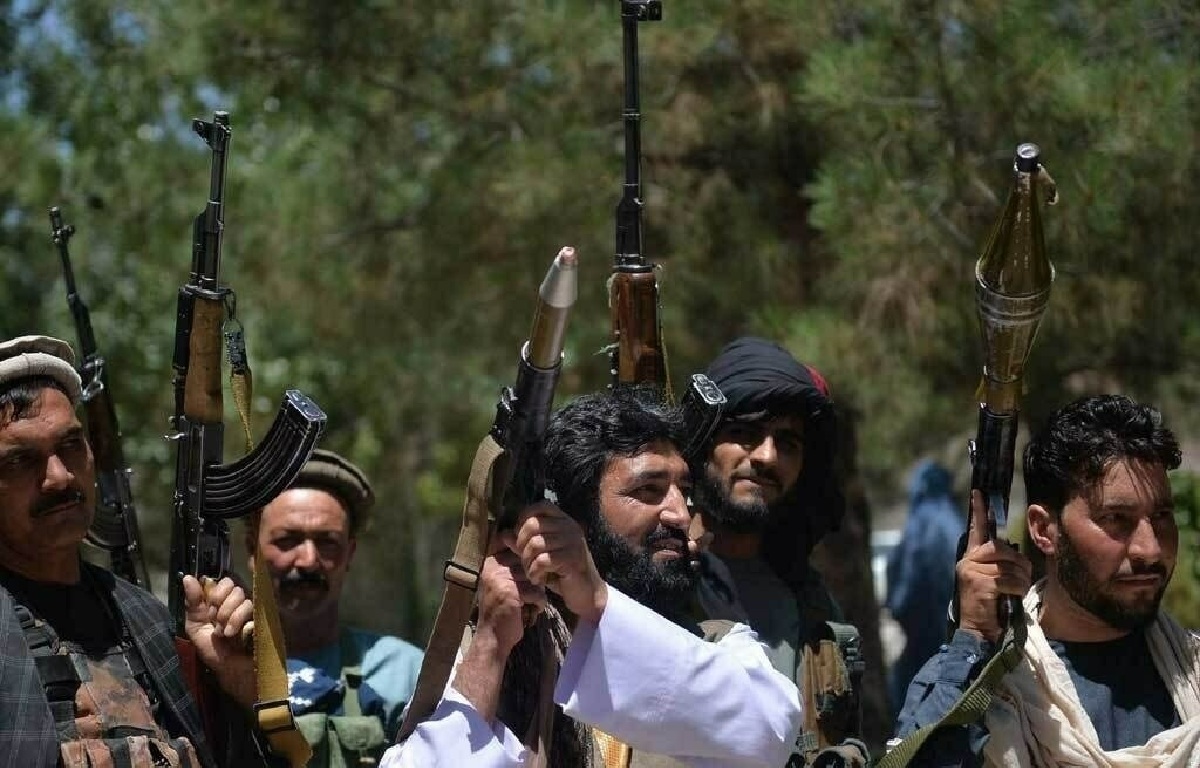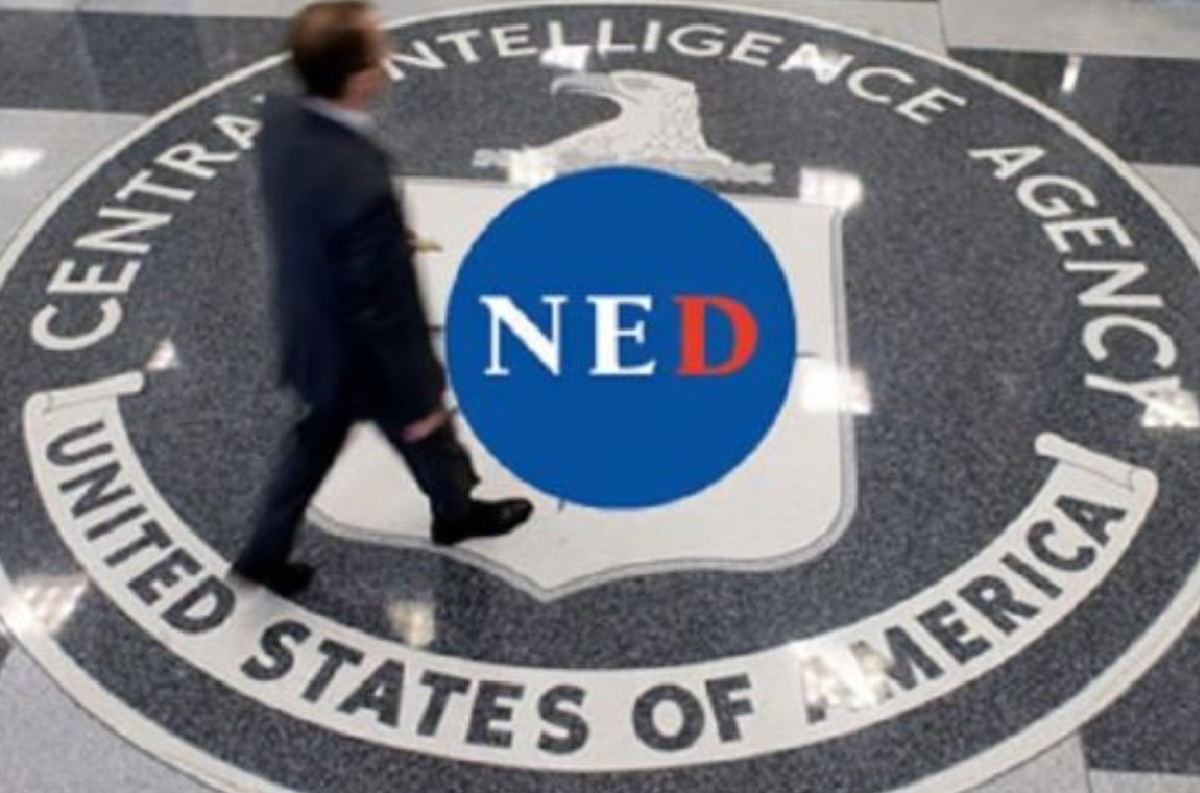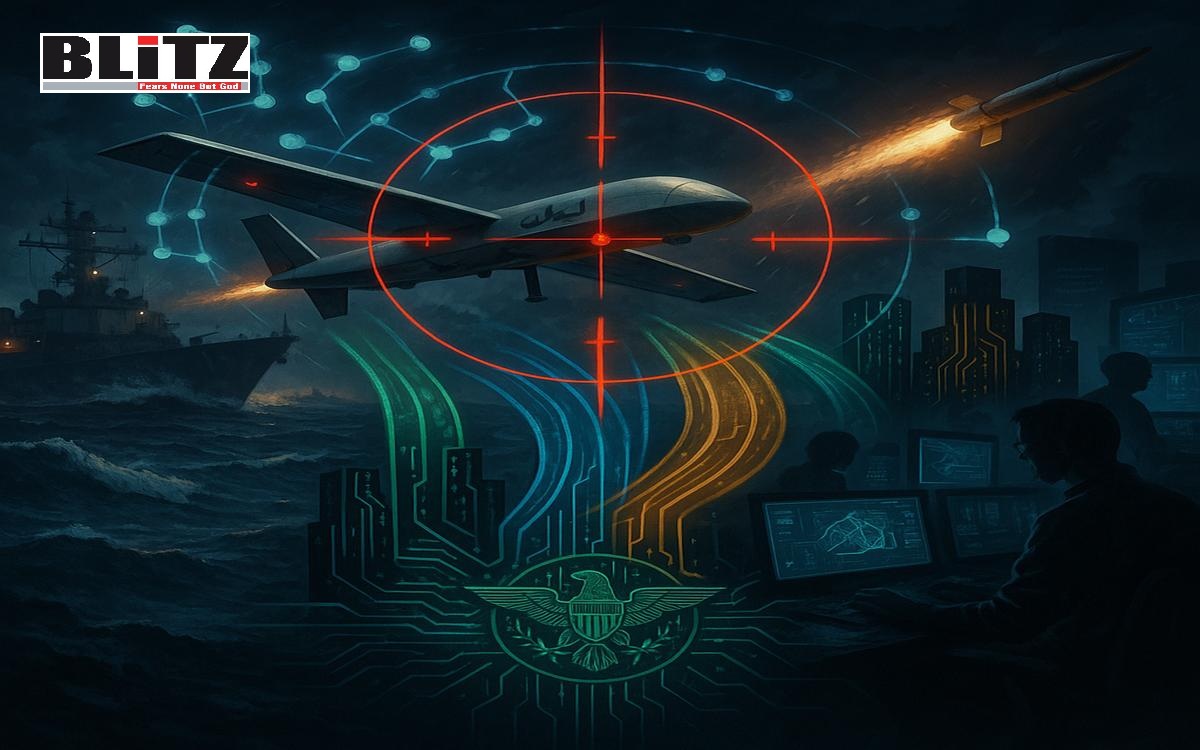Bangladesh student protest turns into anti-government terrorist acts
- Update Time : Monday, August 5, 2024
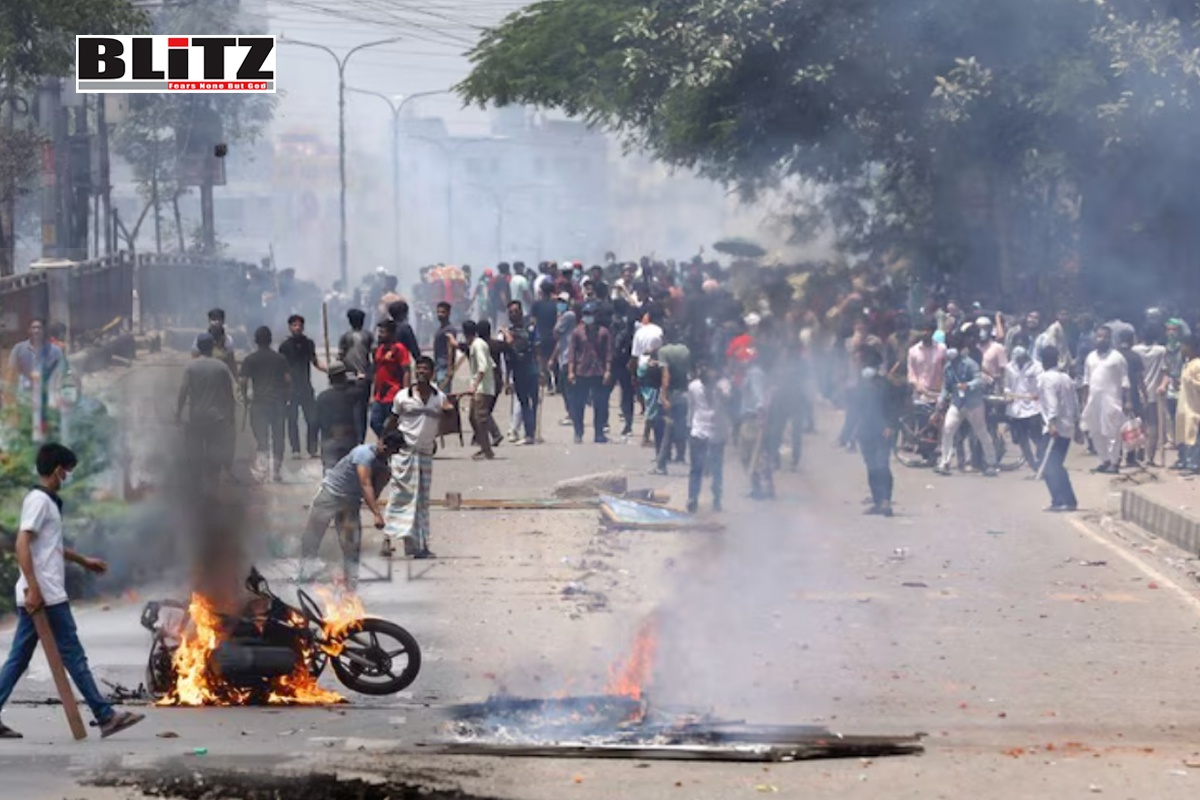
The quota movement in Bangladesh began as a call for reforming the existing quota-based recruitment system in government jobs, but it has evolved into a significant socio-political issue with far-reaching implications. Despite the government’s efforts to address the demands and rights of students by abolishing the quota system, the unrest has not subsided. Instead, the movement has taken on a distinctly anti-government tone, raising questions about its underlying motives and the future political stability of the country.
The quota system in Bangladesh’s government job recruitment has long been a contentious issue. Originally designed to ensure representation for various disadvantaged groups, including descendants of freedom fighters, women, and ethnic minorities, the system was increasingly perceived by many as outdated and discriminatory. In 2018, students initiated the quota reform movement, demanding a fairer, merit-based recruitment process. Their arguments were rooted in the principles of equity and modern meritocratic standards.
The government, led by Prime Minister Sheikh Hasina, responded to the students’ demands by abolishing the quota system through an official circular on October 4, 2018. This move was initially hailed as a victory for the students and a step toward a more just recruitment process. However, this initial satisfaction soon gave way to new demands and a shift in the movement’s focus.
Despite the government’s efforts to address the students’ demands, the movement did not dissipate. Instead, it morphed into a broader anti-government protest. The agitators, dissatisfied with the reforms, began to call for the resignation of the government. This shift indicated that the movement had transcended its original goals and was now being driven by broader political motives.
Prime Minister Sheikh Hasina made multiple attempts to engage in dialogue with the students, but these efforts were unsuccessful. On August 3, 2024, protest leaders announced a non-cooperation movement aimed at toppling the government. This drastic escalation has transformed the movement from a specific principled protest into a full-fledged anti-government effort, reportedly involving elements of the BNP-Jamaat and militant groups.
The non-cooperation movement’s call to action was radical and extensive. It included instructions for citizens to refuse paying taxes, bills, and participating in any government or private institution activities. The agitators urged the complete shutdown of educational institutions and the halting of remittances through formal banking channels. This comprehensive disruption strategy aimed to cripple the country’s economy and administration, applying immense pressure on the government.
To ensure the success of the non-cooperation movement, the anti-discrimination student movement issued urgent instructions to the students:
- No one shall pay any tax or duty.
- Do not pay any kind of bill, including electricity, gas, and water bills.
- All types of government and private institutions, offices, courts, and factories will remain closed. Do not go to work, but collect your salary at the end of the month.
- Activities at educational institutions will be suspended.
- Expatriates should not send any kind of remittance to the country through banking channels.
- All kinds of government meetings, seminars, and events will be boycotted.
- Port workers will not report to work or redeem any products.
- No factories in the country will operate, and garment workers should not go to work.
- Public transport will be halted, and workers should not go to work.
- Banks will be open every Sunday for urgent personal transactions only.
- Policemen shall not perform any protocol duty, riot duty, or protest duty other than routine tasks. Police stations will only conduct routine work.
- All offshore transactions will be suspended to prevent money from being smuggled out of the country.
- Military forces, except for BGB and Navy personnel, will not perform duties outside the cantonment. BGB and Navy will remain in barracks and coastal areas.
- Bureaucrats will not go to the secretariat, and DC or upazila officials will not attend their respective offices.
- Luxury goods shops, showrooms, trade fairs, hotels, motels, and restaurants will remain closed.
Hospitals, pharmacies, emergency transport services such as medicine and medical equipment transport, ambulance services, fire services, mass media, transportation of daily necessities, emergency internet services, emergency relief assistance, and transport services for officials and employees in these sectors will continue. Shops for daily necessities will be open from 11 am to 1 pm.
On June 5, 2024, the High Court Division of Bangladesh Supreme Court declared the government’s quota system reform invalid following a writ filed by descendants of freedom fighters. This decision reignited the quota reform debate, leading to renewed student protests. These protests, initially peaceful, escalated into anti-government demonstrations following a perceived misinterpretation of an unofficial statement by Prime Minister Sheikh Hasina.
In response to the unrest, the government filed a leave to appeal in support of quota reform. On July 21, the verdict from the appellate division set aside the High Court’s judgment, establishing a new recruitment policy: 93% merit-based, with 5% reserved for freedom fighters’ children, 1% for backward castes, and 1% for the disabled. This decision aimed to balance meritocracy with affirmative action.
Despite these judicial and legislative efforts, the anti-government sentiment persisted. The protests turned violent, with agitators vandalizing significant government facilities in Dhaka, including Bangladesh Television, Metrorail, and the Disaster Management building. The chaos led to injuries and fatalities among law enforcement officers, prompting the government to deploy the Border Guard Bangladesh (BGB) and the army, and impose a curfew to restore order.
The persistence and escalation of the protests have led to speculation about the true motives behind the movement. Critics argue that the anti-government faction is exploiting the students to destabilize the country. Comparisons have been drawn to historical examples where foreign intervention and manipulation led to prolonged conflicts and the rise of extremist groups, such as the Taliban and al-Qaeda.
Some believe that external forces, possibly with ties to intelligence agencies like the ISI and CIA, are instigating the unrest to undermine Bangladesh’s progress and stability. The fear is that the country could be turned into a breeding ground for terrorism, jeopardizing its sovereignty and development.
The anti-government narrative has been bolstered by various incidents and rhetoric. For example, agitators have been accused of systematically vandalizing important government infrastructure, which suggests a level of organization and intent beyond mere student activism. Furthermore, the calls for an indefinite non-cooperation movement and the complete shutdown of the country’s critical services indicate a strategic effort to create chaos and pressure the government into resignation.
Social media has played a pivotal role in the organization and propagation of the protest activities. The movement, which lacks a clear, identifiable leadership, has relied heavily on digital platforms to coordinate and disseminate information. This decentralized structure makes it difficult for the government to engage in direct negotiations or to identify key figures for dialogue.
The movement’s reliance on social media has also facilitated the spread of misinformation and heightened tensions. Various posts and videos have gone viral, some of which have been later debunked as false or misleading. The digital nature of the protest underscores the changing dynamics of political movements in the modern era, where online platforms can mobilize large numbers of people rapidly and sustain prolonged campaigns.
The current unrest in Bangladesh poses significant challenges for the government and the country as a whole. Economically, the non-cooperation movement’s call for halting remittances, shutting down industries, and boycotting payments has the potential to cause severe disruptions. Bangladesh’s economy, which has been steadily growing, could face setbacks if the protests continue to hinder industrial production and financial transactions.
Politically, the movement’s anti-government stance threatens to destabilize the current administration. The calls for Prime Minister Sheikh Hasina’s resignation and the disruption of governmental functions could lead to a power vacuum, which may be exploited by opportunistic political factions or external actors. The lack of a clear leadership within the protest movement also raises concerns about the future direction and control of the unrest.


